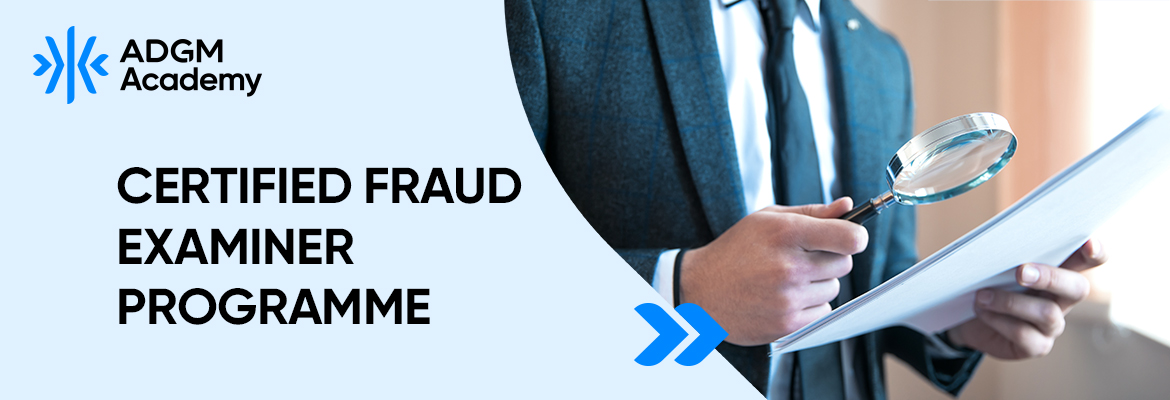
Certified Fraud Examiner Programme
PROGRAMME OVERVIEW
In partnership with Al Nazaha Association, the UAE ACFE Affiliate, the Certified Fraud Examiner (CFE) Programme is an intensive four-day training designed to equip professionals with the knowledge, tools, and confidence to excel in the globally recognised CFE Examination. Delivered through a mix of lectures, case studies, and practical applications, the programme provides a comprehensive learning experience that bridges theory with real-world practice.
Participants will gain in-depth knowledge across the four pillars of fraud examination:
-
Investigation – techniques to gather evidence, conduct interviews, and manage fraud cases.
-
Financial Transactions & Fraud Schemes – detection of common fraud risks, schemes, and financial red flags.
-
Law – legal principles, regulatory frameworks, and enforcement strategies.
-
Fraud Prevention & Deterrence – corporate governance, internal controls, and proactive strategies to mitigate fraud.
PROGRAMME BENEFITS

WHO IS IT FOR ?
The programme is designed for professionals across Abu Dhabi and the wider region whose work directly involves fraud prevention, detection, and governance. It is particularly valuable for audit practitioners, compliance officers, and risk management specialists seeking to strengthen their expertise in identifying and mitigating fraud risks.
The course also benefits fraud investigators, finance professionals responsible for monitoring and reporting transactions, and internal control practitioners dedicated to safeguarding organisational integrity. Whether you are advancing your career in audit, compliance, or financial crime prevention, this programme provides the essential knowledge and globally recognised credential to take the next step.
